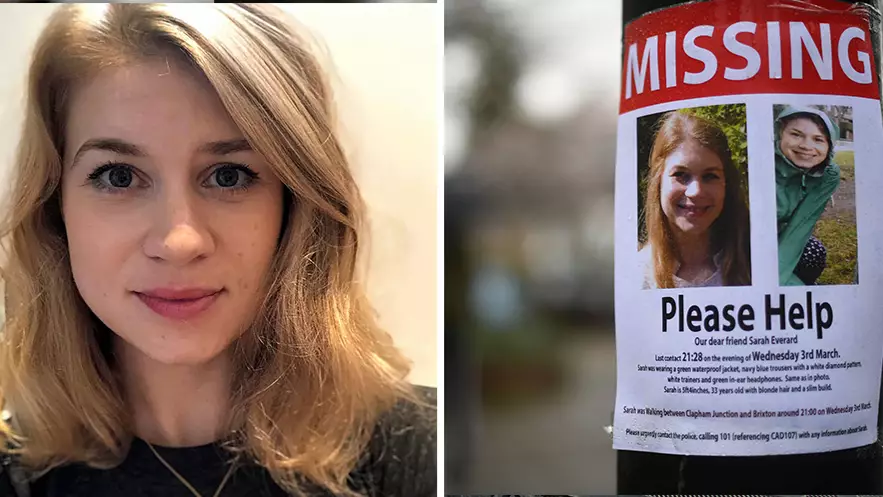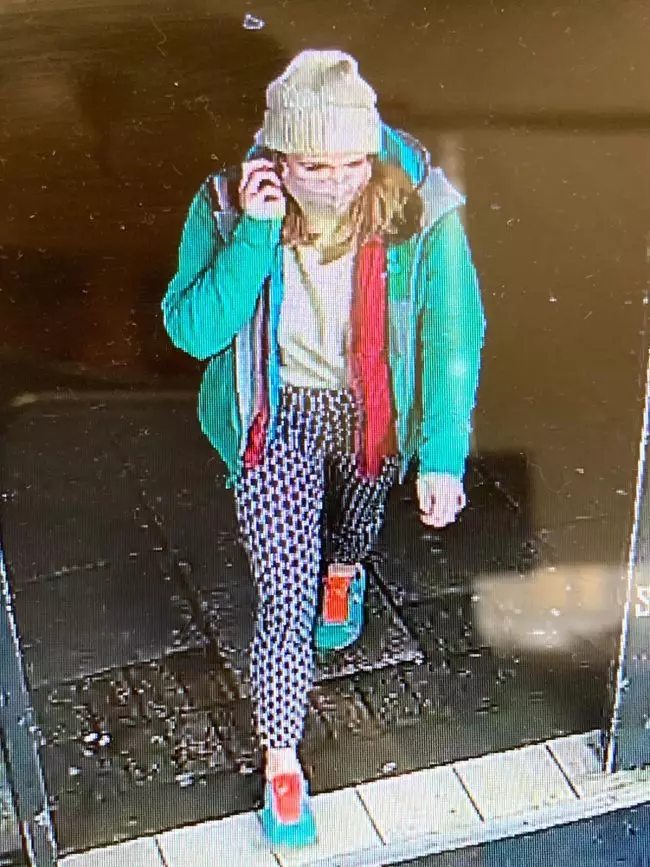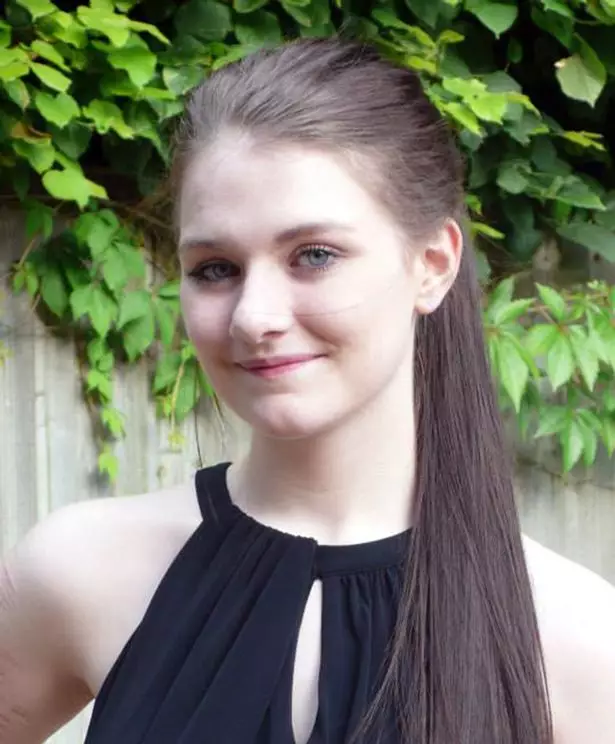
Words by Bella Evennett-Watts
When Sarah Everard went missing in south London last week, shockwaves ripped through the local community - but for women it has hit particularly close to home.
The 33-year-old marketing executive took all of the precautions women are taught to follow from a young age - she left her friend's house at 9pm, before roads were deserted; stuck to a main route; phoned her boyfriend while walking and covered up in bright clothing. In other words, she did everything "right".
Advert
But some have felt the need to point out what Sarah didn't do - suggesting she shouldn't have been out at night, wearing headphones, or walking alone.
On Twitter, one commentator even compared women to vehicles, writing: "If I leave my car on a busy street with keys in the ignition and someone steals it, I'm sure you'd call me an idiot."
This sinister narrative has continued to trickle in even after the devastating news that police searching for Sarah had found human remains in Kent woodland.
It implies that Sarah played a role in her own disappearance - and it is drenched in sexism.

Sadly, for young women everywhere, it's all too familiar. Just last month, Pawel Relowicz was convicted of the rape and murder of Hull student Libby Squire, whose body he dumped in a river. Despite being preyed upon after enjoying a night out, 21-year-old Libby was widely blamed for her 'vulnerability', further fuelling the misogynistic notion that women should be held accountable for the consequences of men's actions.
Advert
M-C Garin of women's organisation She Decides, tells Tyla: "Blaming women for 'not being careful enough' is telling men that some women are asking for it - but no behaviour in the world should be perceived as an invitation to be made a victim."
Of course, if it was as simple as avoiding dark alleyways then things would look very different. But a UN survey this week revealed that some 80 per cent of UK women have experienced sexual harassment in public spaces.
Abigail*, 33, shares a poignant reminder that harassment can happen anywhere: "I've endured indecent exposure waiting at a bus stop, and one time when I nodded off on public transport, I awoke to find the man sitting beside me rubbing my legs. I've also been followed by men in broad daylight.

"It's sad that women must accept being hyper-alert and taking extra measures to protect ourselves against dangerous men at all times. I normally feel safe walking on main roads at night in Clapham [where Sarah Everard went missing], but this week has taught me that perhaps I've been complacent, and my safety is not guaranteed."
Advert
All too often, these experiences are drenched in guilt - proving the onus is still very much on women to keep themselves safe.
"Blaming victims is a very dangerous path," M-C Garin adds. "It's pushing them back in a closet made of shame, hurt, guilt and solitude. The culture of victim-blaming, of saying 'she was asking for it', is discouraging women from speaking up and thus preventing them from getting the crucial legal, medical, or psychological help they need.
"Specifically, on gender-based violence, the response needs to be stronger. A signal has to be sent to perpetrators and survivors. For perpetrators, we must say, 'what you have done will not go unpunished'. For survivors, 'we are listening to you and we will help you get through this.'"
"Until the blame shifts away from victims, it seems inevitable that predatory behaviour will continue to affect women and girls. In the last lockdown, one in 10 females as young as 14 endured unwanted sexual attention, physical contact, or even witnessed men indecently exposing themselves on the street.
Mia*, 32, was just 12 years old when she was assaulted in a supermarket. "My mum was down another aisle, when a man approached me and squeezed my bum," she says. "He let out a horrid laugh, then casually walked away. I felt dirty and used, but my mum and I never reported the incident. Assault is so normalised for women - we fear speaking out in case we're blamed."
Advert
Not only is Sarah Everard's disappearance frightening; it's a sad reminder that we're far from accessing the same freedoms that men can, no matter how small. And if we try, we'll all too often be held at fault.
*names have been changed, to protect identities.
Featured Image Credit: Metropolitan Police/ PATopics: Life,